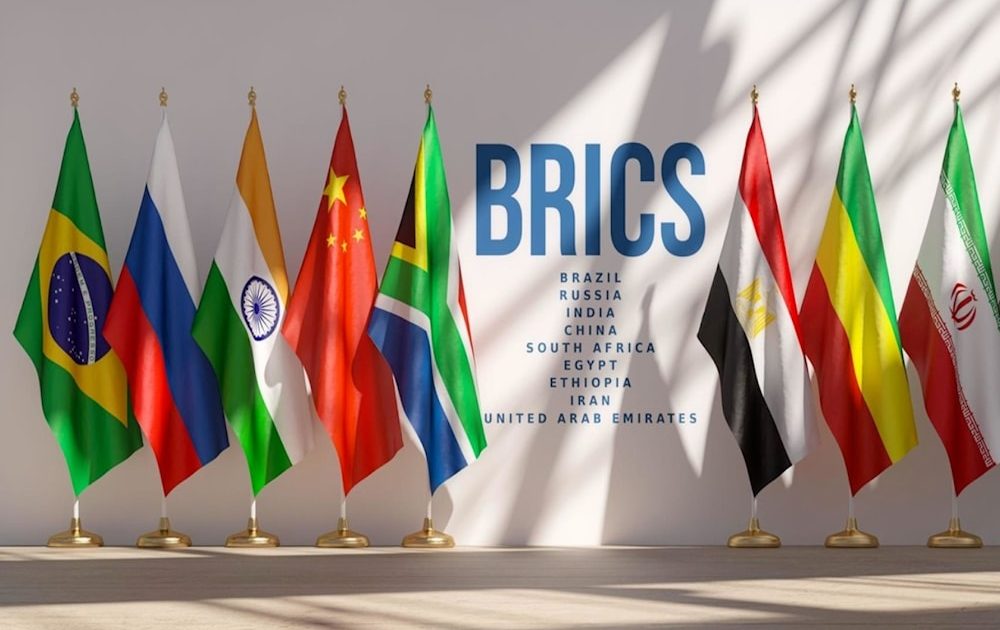Nigeria’s BRICS Partnership: A Balancing Act between Opportunity and Challenge
Nigeria’s recent inclusion as a partner member in BRICS, a coalition of emerging economies comprising Brazil, Russia, India, China, and South Africa, presents a significant opportunity for the nation’s economic development. This partnership offers access to a vast market, potential investment inflows, and enhanced diplomatic influence. However, Nigeria’s participation is fraught with challenges, primarily stemming from its non-competitive export sector, infrastructural deficits, and the dominance of crude oil in its trade relations.
The allure of BRICS lies in its potential to reshape the global economic order, offering an alternative to Western-dominated institutions. For Nigeria, BRICS membership provides avenues for increased trade, investment, and infrastructure funding, particularly from China, its largest trading partner. The partnership also aligns with the global trend toward multipolarity, potentially reducing Western dominance in financial and economic affairs and offering more flexible terms for security assistance, free from the often stringent conditions attached to Western aid.
However, this strategic shift comes with its share of risks. Aligning with BRICS, particularly with China, could strain Nigeria’s relationship with the United States, potentially jeopardizing trade agreements like the African Growth and Opportunities Act (AGOA) and impacting global supply chains. Furthermore, the ambition of de-dollarizing international trade, a key objective of BRICS, presents a significant hurdle for Nigeria, whose trade transactions and debts are predominantly dollar-denominated. Diversifying away from the dollar requires navigating complex global financial structures and securing buy-in from international partners.
Nigeria’s participation in BRICS also highlights the country’s inherent economic weaknesses. Its trade balance with most BRICS nations is negative, largely due to its dependence on raw material exports, particularly crude oil, and its inability to compete with manufactured goods from other member states. This reliance on imports underscores the urgent need for economic diversification and enhanced competitiveness in other sectors, particularly manufacturing.
The primary obstacle to Nigeria’s competitiveness is its crippling infrastructural deficit. Inadequate power supply, poor transportation networks, and limited access to water significantly increase production costs, making Nigerian goods expensive and uncompetitive in international markets. This situation creates a vicious cycle where local manufacturers struggle to compete with imports, leading to further dependence on foreign goods and a widening trade deficit.
Addressing these infrastructural challenges is paramount if Nigeria is to realize the full benefits of its BRICS partnership. Investing in power generation, improving transportation networks, and ensuring reliable water supply will lower production costs and boost the competitiveness of Nigerian goods. This will not only improve Nigeria’s trade balance within BRICS but also strengthen its position within the African Continental Free Trade Area (AfCFTA), preventing Nigeria from becoming a dumping ground for cheaper goods from other African countries with better infrastructure.
Furthermore, diversifying the economy beyond oil is crucial. Developing other sectors, such as manufacturing and agriculture, will reduce Nigeria’s reliance on volatile commodity prices and enhance its resilience to external shocks. This diversification requires targeted investments, policy reforms, and the development of human capital to create a more competitive and sustainable economic base.
Finally, navigating the geopolitical landscape requires a nuanced approach. Balancing its relationships with BRICS nations and Western powers is essential for Nigeria to maximize its economic opportunities and minimize potential risks. This involves leveraging its BRICS partnership to secure favorable trade agreements and investment inflows while maintaining constructive relationships with traditional partners.
In conclusion, Nigeria’s BRICS partnership presents a significant opportunity for economic growth and development. However, realizing this potential requires addressing fundamental challenges related to infrastructure, economic diversification, and geopolitical navigation. By strategically leveraging its new alliances while tackling domestic weaknesses, Nigeria can transform its participation in BRICS from a symbolic gesture into a catalyst for sustainable economic transformation.


